"After the end of the Cold War thirty years ago, there was a notion that the constant readiness achieved through conscription, was no longer necessary," Viktor Orban told public radio Kossuth's "Good Morning, Hungary!" program, where the first question the PM was asked pertained to plans of reinstating conscription in Europe. Soldiers are some of the most useful and most dependable elements of society, according to Mr Orban, who also stressed that in Hungary the reintroduction of conscription is not on the agenda.
"Elsewhere, they are in the process of reintroducing the practice. This is a matter for each nation to decide, we don't have to concern ourselves with it," he said and labeled as unacceptable the European People's Party (EPP) chief Manfred Weber's plan to reintroduce EU-wide conscription. This would mean that someone else would be deciding over Hungarians' blood, he noted, saying that such ideas have to be quickly dismissed,
such seeds must be turned out of the soil to prevent them from even accidentally sprouting.
Each week we are getting closer to war
Since last Friday's Kossuth Radio interview, we have once again come closer to war. Two things happened this past week: talks between France and Ukraine have started about deploying French training officers to Ukraine. This represents a new level of engagement, according to PM Orban, if the French agree to it.
The second is increasing talk that the weapons supplied by the West to Ukraine can now be used not only for defense but also for attack.
"This will spark a massive debate about how Ukrainian the weapons that are fired at Russian territory are. Without NATO, Ukraine would not be able to fire on Russia's territory, but this way it can, so again we are taking yet another step in the engagement process," he indicated.
The Russians say they attacked Ukraine to prevent it from joining NATO. They also say that they will occupy sufficient territory to prevent Kyiv firepower range from reaching Russian soil. Moscow has stated that the better the weapons that are fired at them, the further in they will advance.
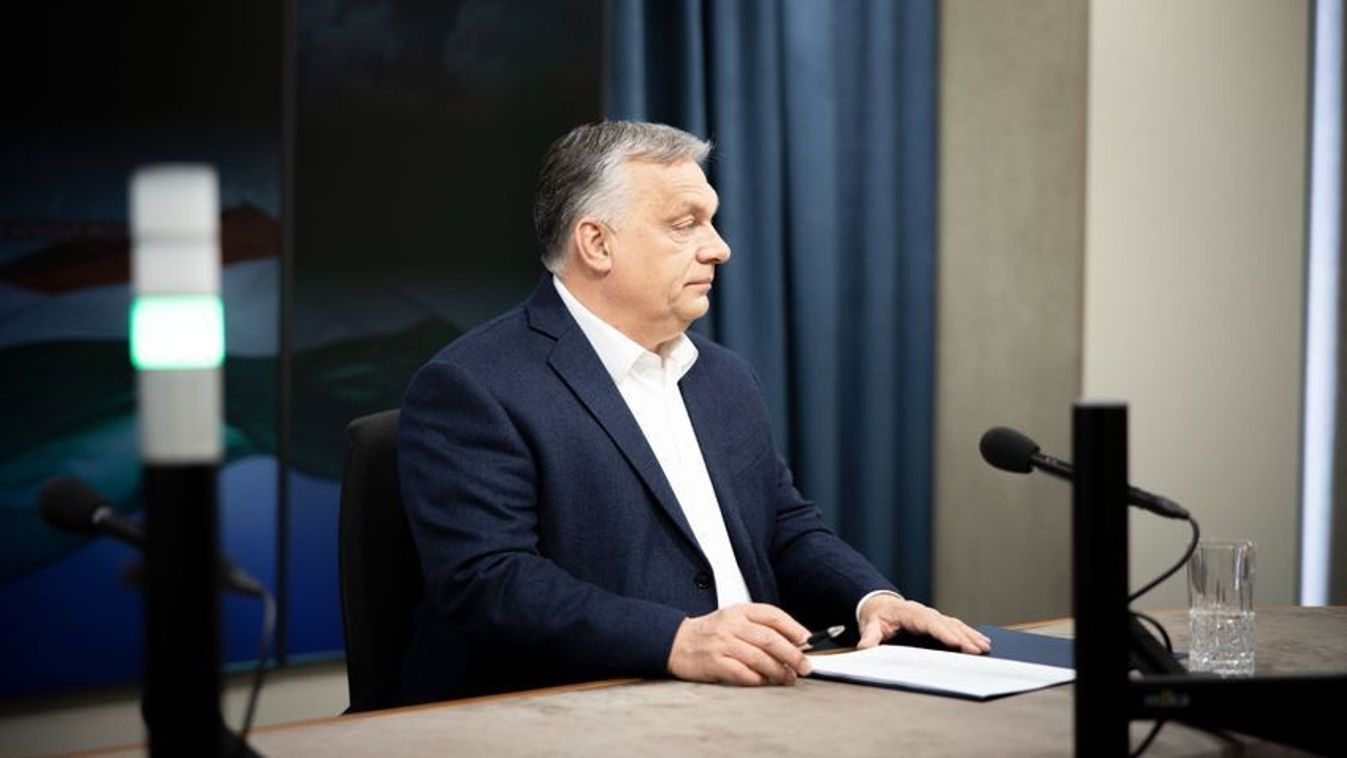
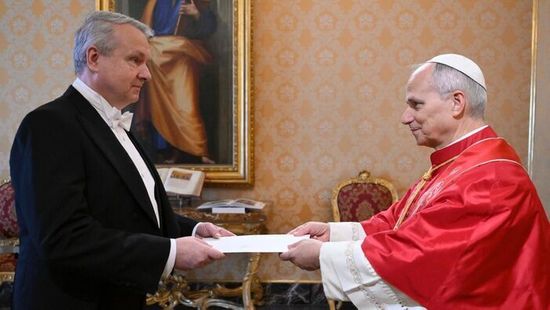
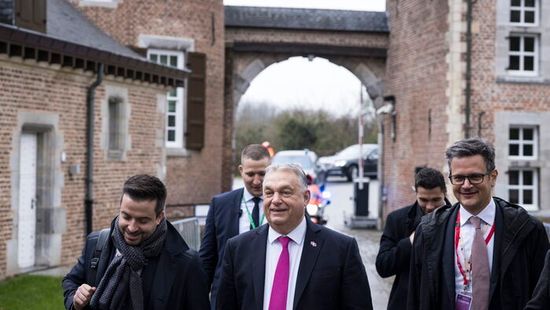
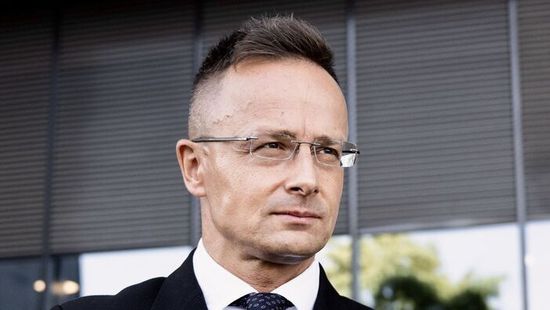
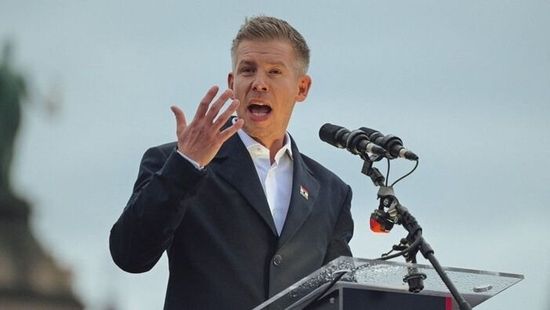

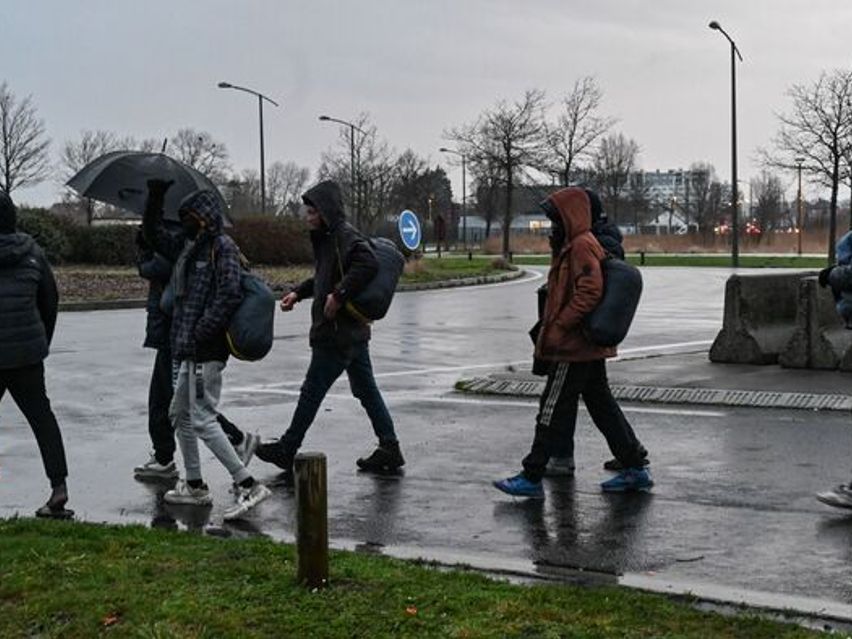
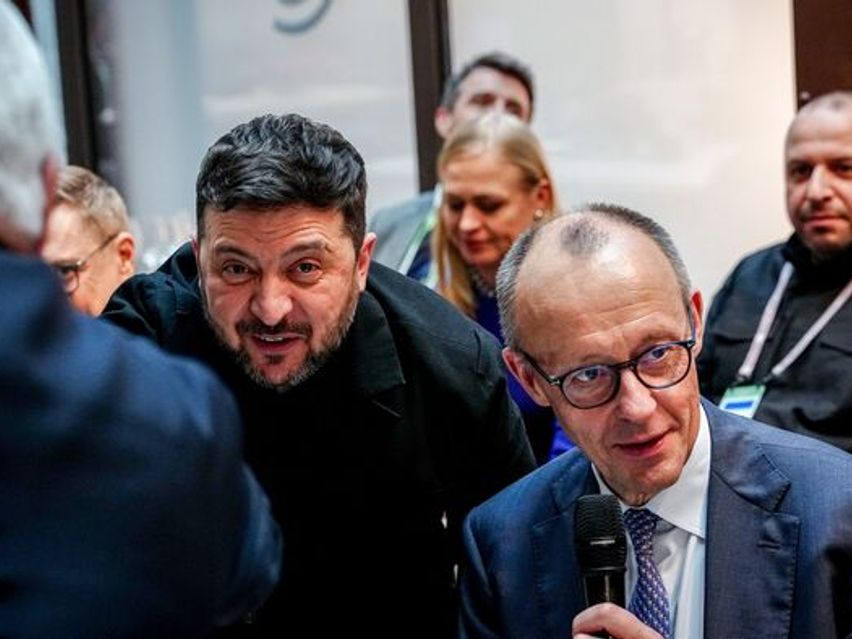
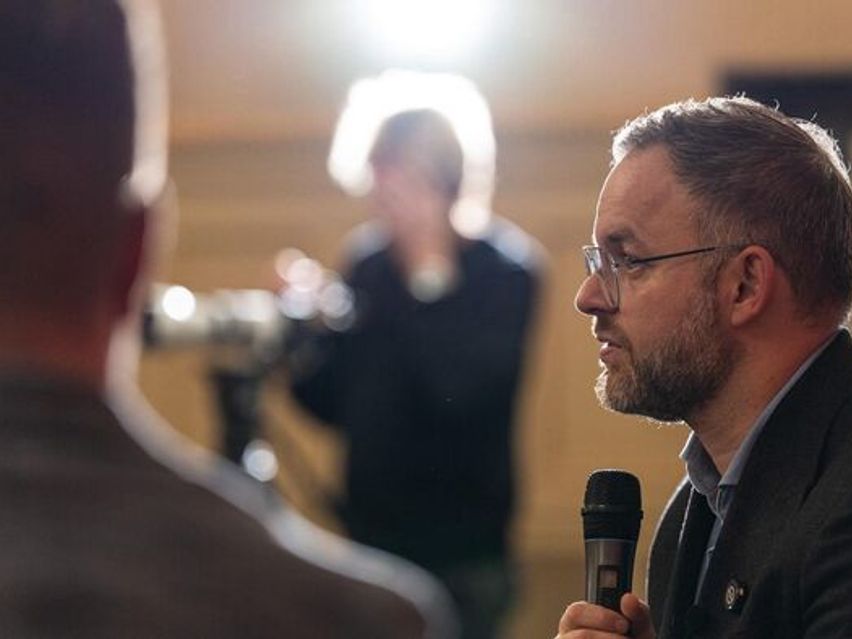
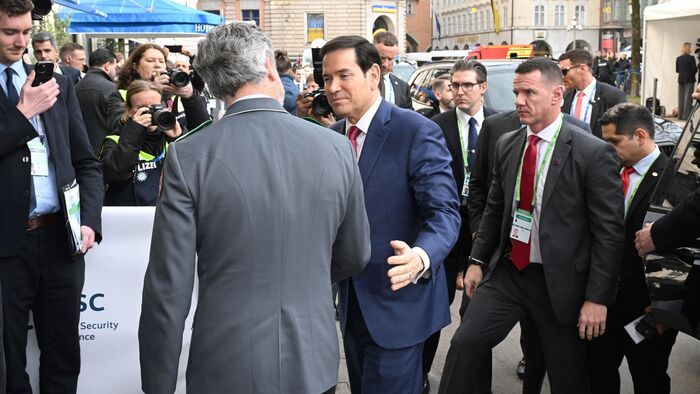

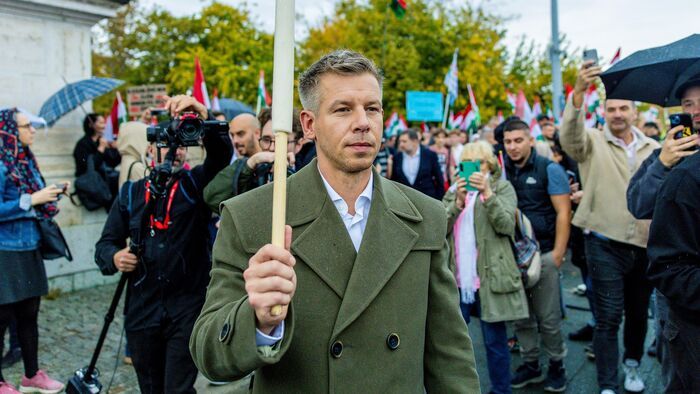
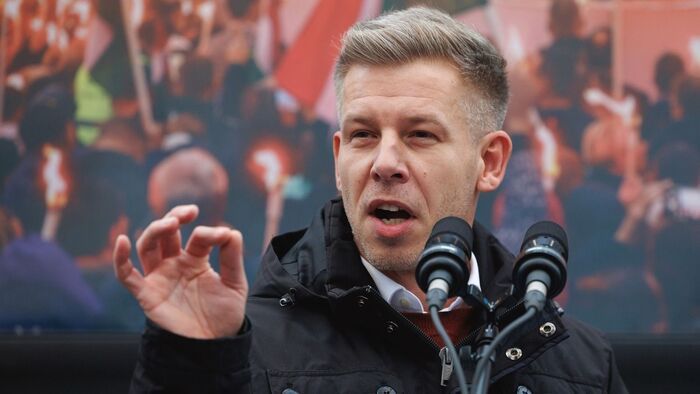
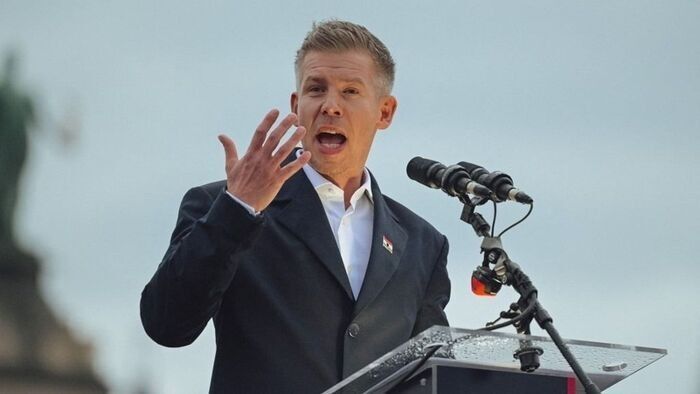

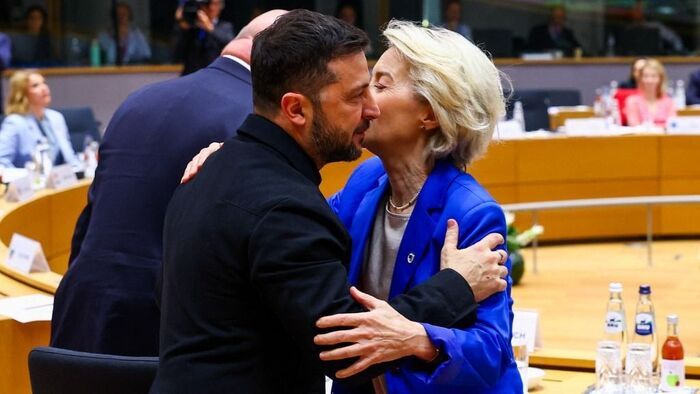
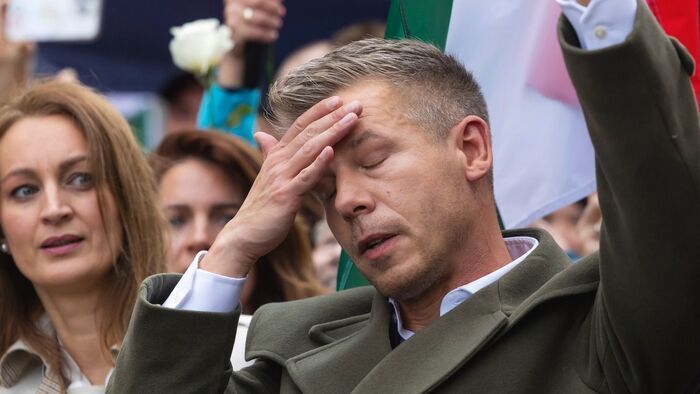
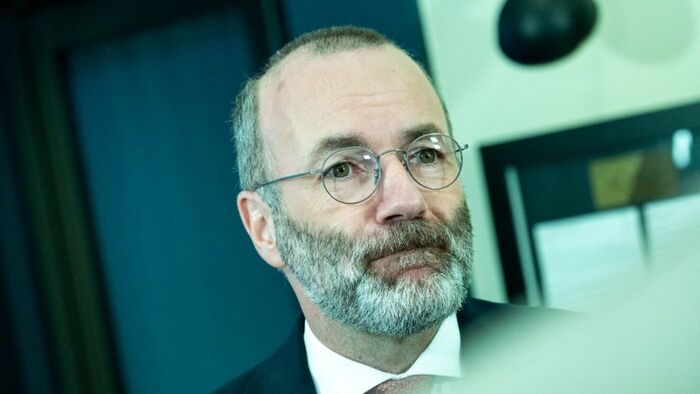

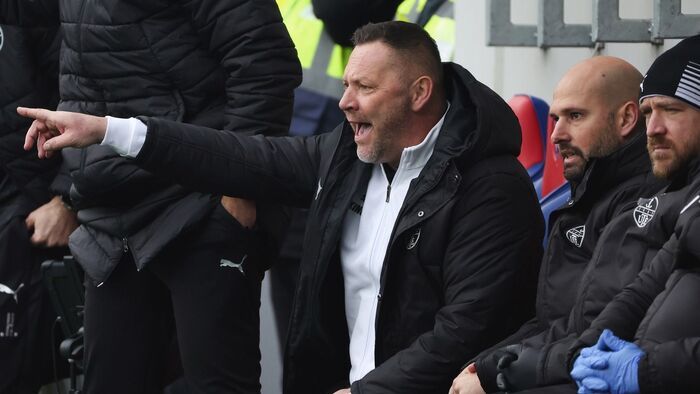
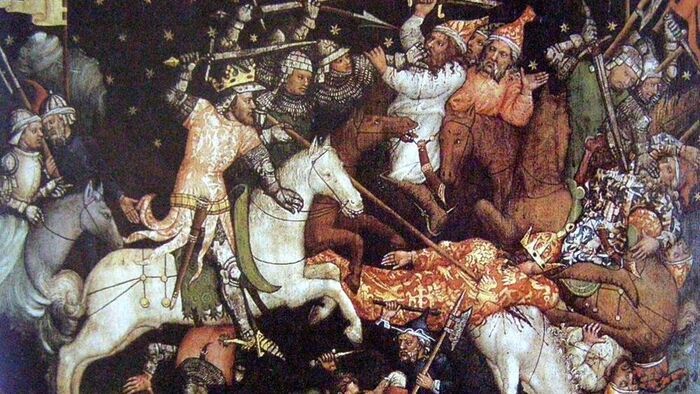


Szóljon hozzá!
Jelenleg csak a hozzászólások egy kis részét látja. Hozzászóláshoz és a további kommentek megtekintéséhez lépjen be, vagy regisztráljon!